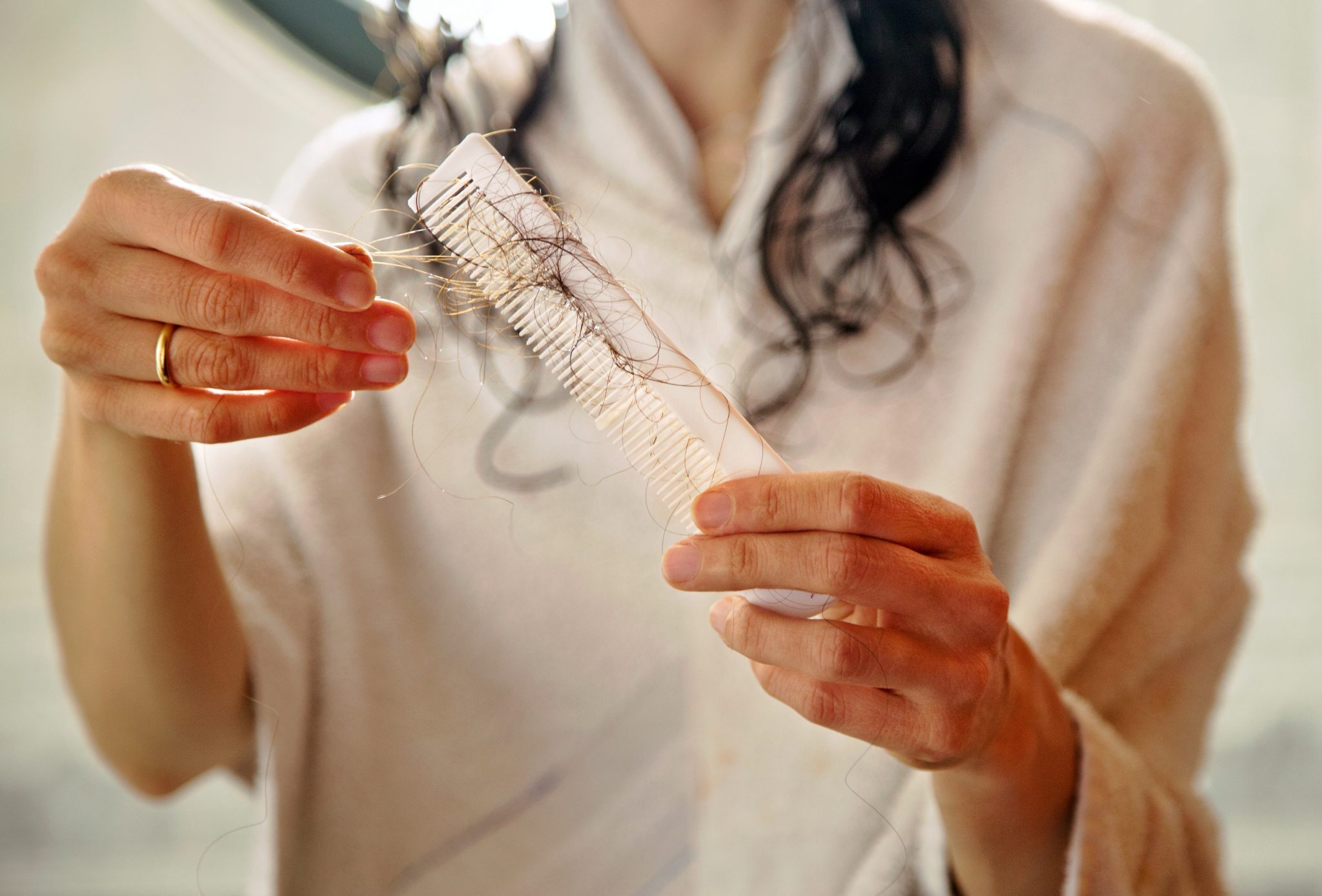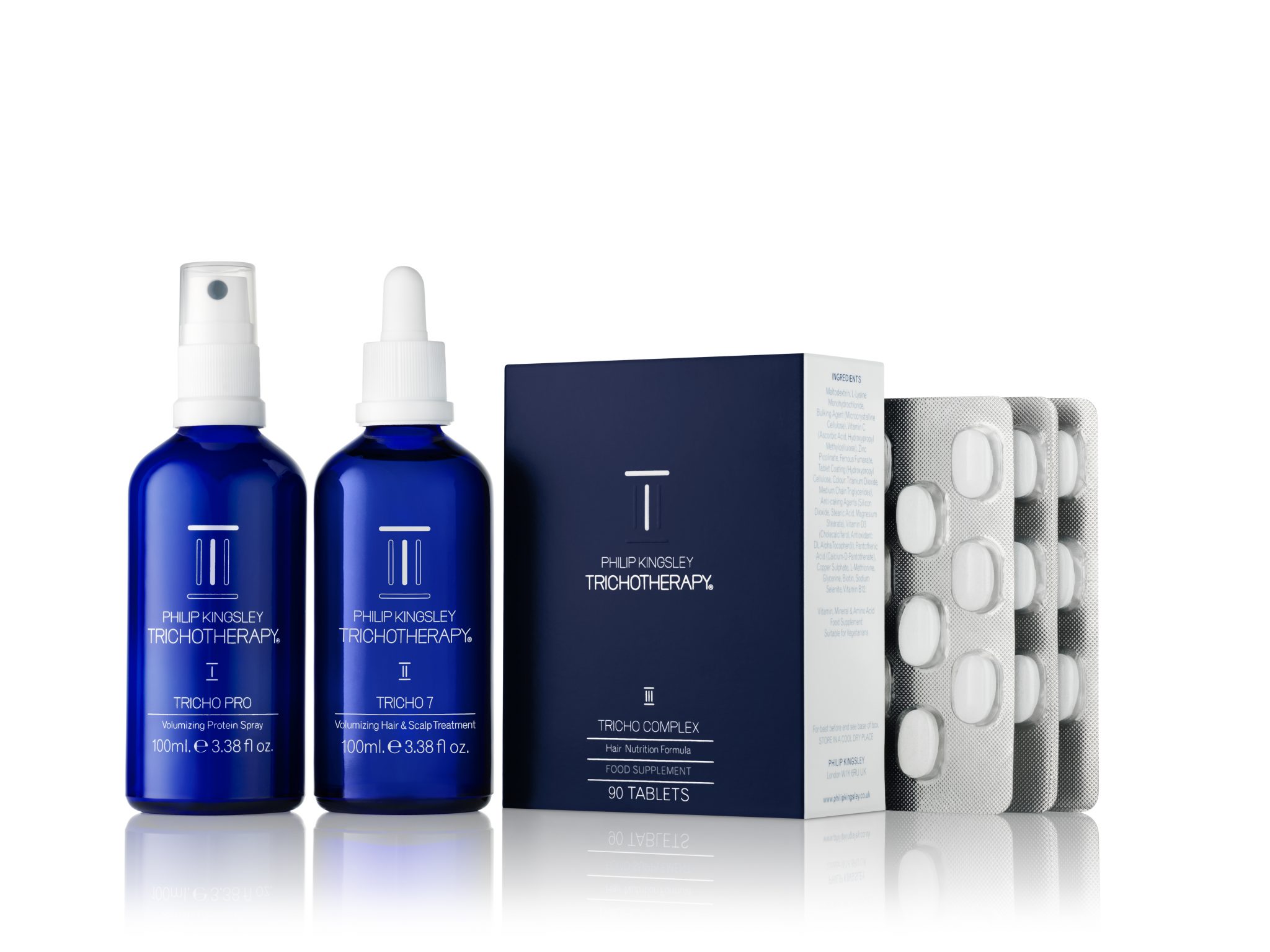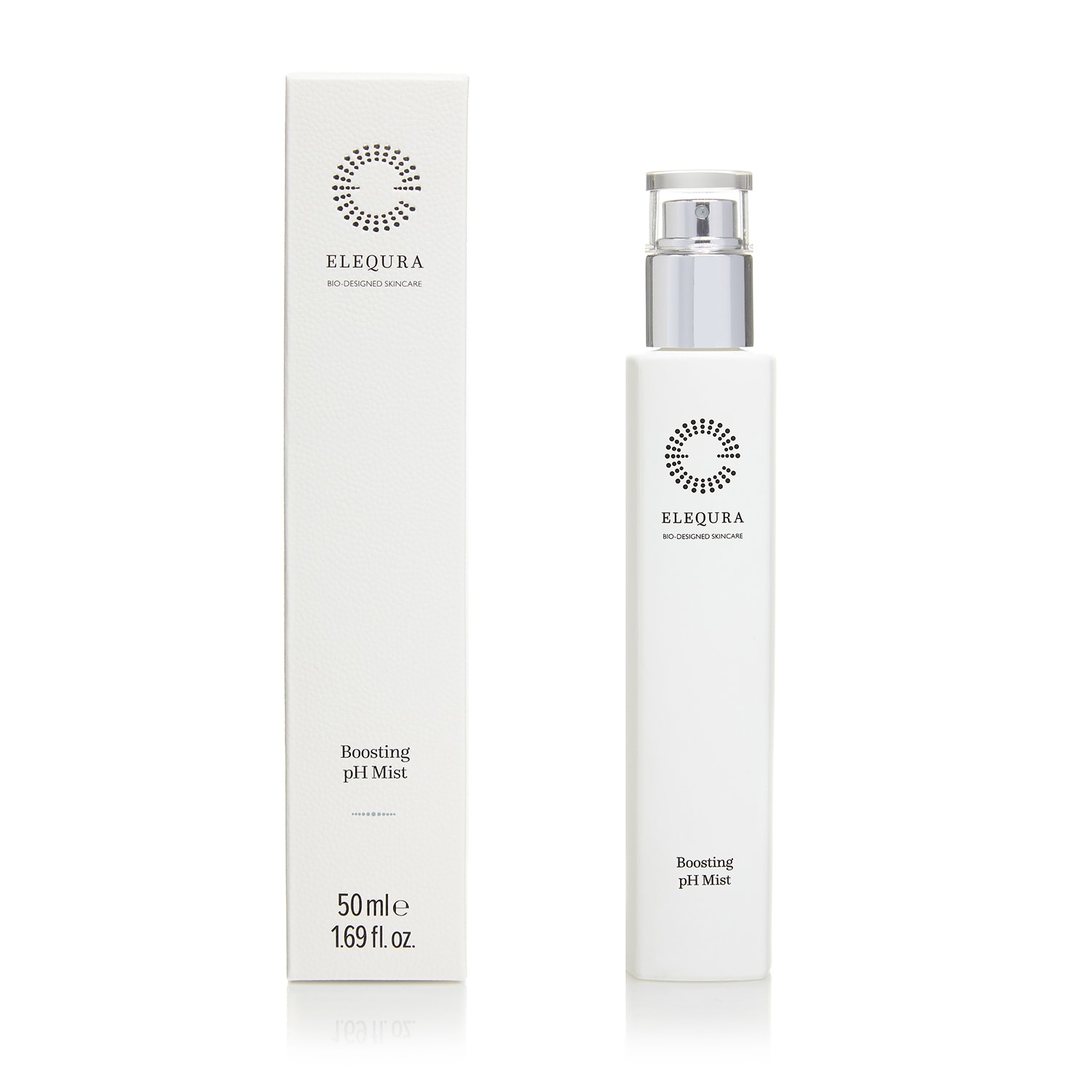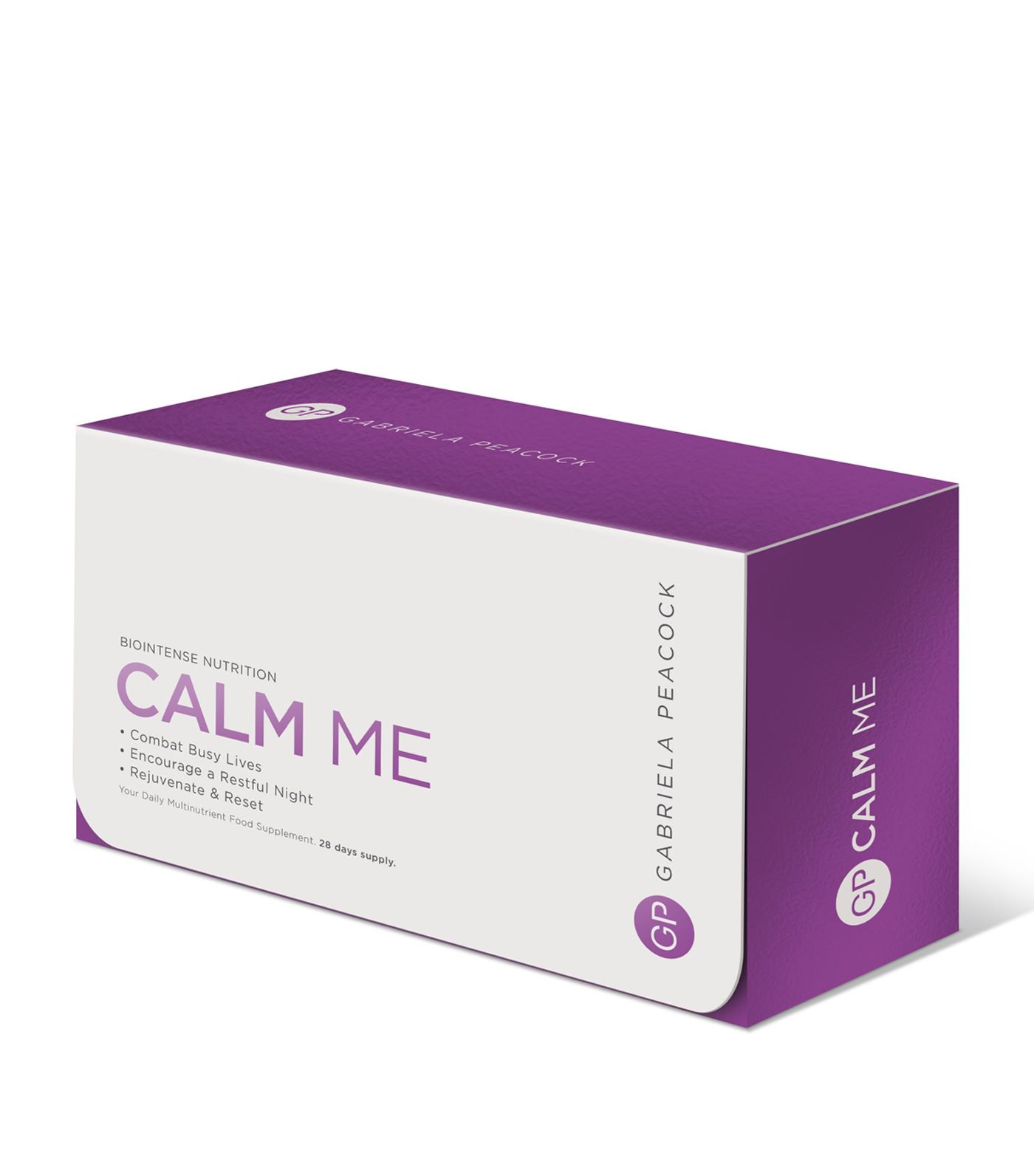Alongside your mental health, stress can have a big effect on your physical appearance and on your body generally. Here, Sophia Charalambous speaks to a range of experts about the physical effects of stress and anxiety – and what you can do about them.
What causes stress? Let us count the ways… is it the overuse of social media or maybe unrealistic expectations imposed at work? Maybe it’s family,romantic relationships, or could it be a general lack of fulfillment. Whatever the reason, or reasons, as a society we may have reached a plateau.
A study by the Mental Health Foundation discovered 74% of people in the UK have felt so stressed they have been overwhelmed or unable to cope. The numbers are higher for women, with 36% experiencing higher levels of stress due to body image concerns, compared to 23% of men.
The way stress works is scientific; what actually happens is the control tower of the brain, called the hypothalamus, sends a message to release hormones in the body, triggering a “fight or flight” response. These hormones make our hearts beat faster and our muscles ready for action. But our bodies aren’t equipped to deal with such high levels of these hormones on a daily basis.
The result? Mental and physical malfunction, which, guess what, shows in your appearance. Here are some of the ways stress can affect the way we look…
How does stress affect your hair?
Finding clumps of hair in our hands after brushing isn’t normal, nor should it be treated like it is. Based on our hair growth cycles, hair loss normally happens three months after a stressful event, and also causes the scalp to flare up if you’re prone to getting dandruff or any head condition.
Trichologist at Philip Kingsley, Anabel Kingsley, knows first-hand what it’s like to experience hair loss as a result of stress after losing her father, the world-renowned trichologist Philip Kingsley in late 2016.
She says, “Severe stress like a bereavement, breakup or divorce has a snowball effect, it changes hormones in the body and they can have a huge impact on the hair growth cycle.
“Adrenaline is released and this can be converted to testosterone, which shortens the hair growth cycle causing hair to enter the shedding phase too soon. Because hair isn’t essential tissue it can be the first thing the body sends into resting.
“There are different theories but it could be because the body is preparing to live under difficult circumstances for a while so it shuts energy production to tissue you don’t need. Stress for some people also means they eat less and absorb less nutrients. Hair cells are very hungry but they get last priority over what you eat, thus shortening their growth cycle.”
Advice for dealing with stress and your hair
- Tools such as hair straighteners further weaken the hair, so limit how much you use them.
- Twiddling hair in times of stress can sometimes mean pulling hair off the head so try a stress ball or worry beads.
- If you’re vitamin D or iron-deficient, a good supplement can help provide nutrients lost by a lack of food.
Try: Philip Kingsley Trichotherapy Regime, £125
This three-step system is a preventative measure to protect hair follicles from effects hair loss.
How does stress affect your teeth and gums?
When we think of stress, teeth and gums probably aren’t the first worries that come to mind but Curaprox dental hygienist Theodora Little has seen signs of mouth deterioration due to stress.
Stress affects not just teeth, but soft tissues of the mouth and gums, from clenching our jaws during the day to grinding teeth (bruxism) at night. This can cause sleep disorders, headaches, wear on the teeth and even chips.
Theodora explains: “Teeth become so weak they easily break, they start getting fractures in them and if this happens it’s very hard for dentists to diagnose, because not even X-rays pick them up.”
Cortisol released from stress also weakens your immune system, hence why people prone to cold sores will suffer at this time. A weakened immune system affects your ability to deal with plaque bacteria, which causes gum disease and decay. We also produce less saliva when we’re stressed, which has antibacterial properties and also acts as a physical wash for the mouth, teeth and oesophagus.
Advice for dealing with stress and your teeth
- With clenching and grinding the go-to is a night guard, which is very helpful if the person can wear it.
- To prevent gum disease it’s important to have a clean mouth, particularly for smokers, who are at a higher risk.
- Chewing sugar-free gum after eating will help stimulate saliva.
Try: Curaprox Enzycal toothpaste, £4.95
This toothpaste contains lactoperoxidase, which helps boost the saliva’s antibacterial, anti-fungal and anti-viral effect and supports the flow of saliva.
How does stress affect your skin?
The face immediately flares up in times of stress. This is because, according to biochemist Nausheen Qureshi, your face has more cell receptors for hormones than any other part of your body.
Unsurprisingly it is because of the hormone cortisol that our skin starts to look alarming, as it uses up our glucose, or energy, stores ready for a “fight or flight” attack, hence why we’re jittery when stressed. Glucose is being sent to the skin and creating inflammation, or spots – the same signs are seen when we have too much fruit or sugar in our diet. Cortisol also affects our ability to absorb nutrients, causing skin to look dull as it lacks important vitamins and minerals.
Nausheen explains: “Because the body is primed to only think about attack, enzyme digestion doesn’t become a big deal anymore, which is why when you’re stressed you get indigestion. If your body is not getting nutrients from food then how is your skin going to look good? Of course to assess skin properly you also need to look at external stress, such as oxidative stress and sun damage too.”
Advice for dealing with stress and your skin
- If your skin is inflamed, do not put oils or balms on your skin because that is going to trap the bacteria. If you have dryness use oils that have a similar molecular weight to your skin sebum.
- Don’t sleep on dirty pillow, touch your face or put your face on a phone as you’re less likely to get a spot.
- Massage skin for two minutes in the morning and two minutes at night. Use a lot of pressure from the nose to your ear following the lymph drainage. Not only does your face look more sculpted, you will feel better, too.
Try: Elequra Boosting pH Mist, £38
This mist toner reduces the effect of inflammation and provides antioxidants.
How does stress affect your body?
The body, more specifically our weight, can be related to stress. Nutritionist Gabriela Peacock says, “When we experience stressful periods, we might see our weight change. The adrenal glands produce cortisol – a hormone which can affect insulin levels.
“Blood sugar levels drop, and the body is left craving sweet foods. The longer we remain stressed, the longer the cortisol levels are increased. This means appetite is increased for prolonged periods of time. This can lead to weight gain and make it harder to lose weight.”
A lack of sleep, which is common when stressed, makes the condition worse as cortisol levels remain high, blood sugar levels drop and your appetite increases. Weight gain due to cortisol tends to affect the tummy rather than any other area of the body.
Advice for dealing with stress and your body
- Meals should involve complex carbohydrates, such as whole grains, with good quality protein of lean meat, eggs, fish or beans at every meal.
- Snack and eat at regular times throughout the day.
- Include celery, garlic and beetroot which can help lower soaring blood pressures and oily fish for their omega-3 fats found to reduce stress and anxiety, boost concentration and improve mood.
- Do some stress-relieving activities such as pilates or yoga, taking a hot bath, meditating, being outside and getting a good night’s sleep.
- Cut back on caffeine as caffeinated drinks can disturb blood sugar levels and disrupt appetite hormones and sleep patterns.
Try: GP Nutrition Calm Me 28 days, £67
This supplement contains some of the key ingredients to help improve wellness and relax the body including rhodiola, a herb that helps re-balance cortisol.
Main image: Getty
Source: Read Full Article








